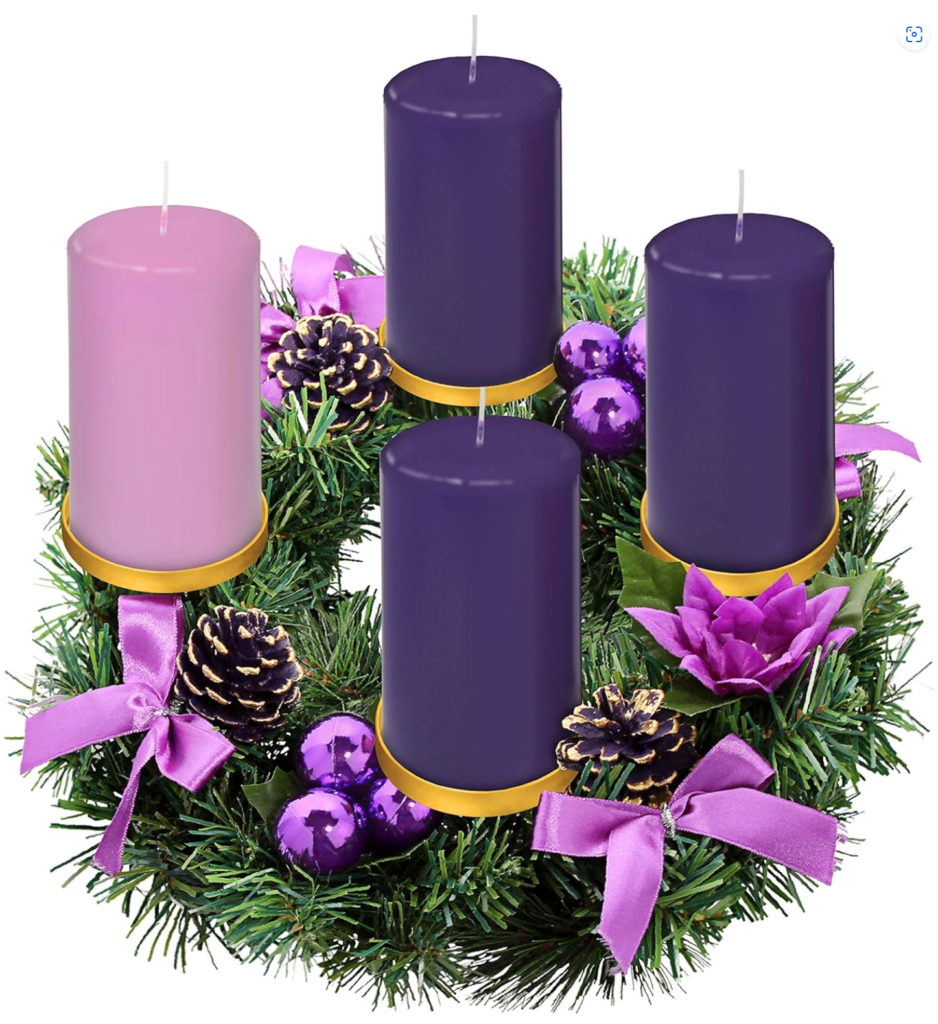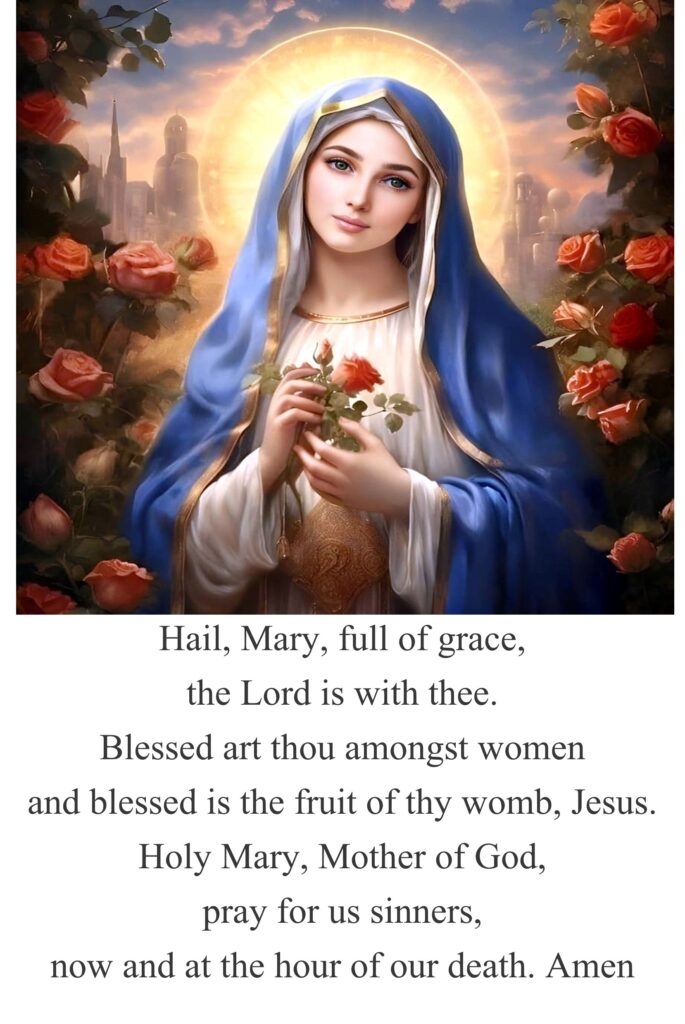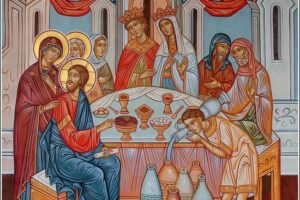
How does our retreat work?
Go through all the content in this newsletter from top to bottom:
- Start by viewing the 5-minute opening video.
- Offer the prayer and listen to the music.
- Read the two scriptural reflections.
- Respond to journaling prompts.
- Consider sharing some thoughts with us from your journaling.
Estimated Time: 45-minutes
(can be done in multiple sittings)
In Case You Missed It…
Here’s a link to Week 1 & Week 2 retreats


Opening Video
Opening Prayer & Music
Come Beautiful Spirit, come…
Still my thoughts.
Caress anything racing through my heart.
Draw me into celestial realms of sacred imagination.

Please bring me into direct contact with Jesus, my Lord and Savior. Grant me quiet refreshing time to relish Jesus’ promises of everlasting Peace and Joy.
Fill my mind with the Light and Wisdom of Jesus. Instruct me and guide me along new paths that will deepen my participation in God’s Great Love for me and for all of humanity. Ask the Father to create in me a clean heart.
Wrap me in warm blankets that soothe every part of me in need of healing. And Beautiful Spirit open the eyes of my heart to revel in every surprising Grace you have for me. Thank you for receiving me.
I surrender this time to You and seek the guidance of my guardian angel. I make this prayer with confidence in the Power, Glory, and Majesty of the Father, the Son, and the Holy Spirit. AMEN
PREPARE RELFECTION #1
Prepare us for the Presence of God
by Terrence Gargiulo
In the sixth month,
the angel Gabriel was sent from God
to a town of Galilee called Nazareth,
to a virgin betrothed to a man named Joseph,
of the house of David,
and the virgin’s name was Mary.
And coming to her, he said,
“Hail, full of grace! The Lord is with you.”
But she was greatly troubled at what was said
and pondered what sort of greeting this might be.
Then the angel said to her,
“Do not be afraid, Mary,
for you have found favor with God.
Behold, you will conceive in your womb and bear a son,
and you shall name him Jesus.
He will be great and will be called Son of the Most High,
and the Lord God will give him the throne of David his father,
and he will rule over the house of Jacob forever,
and of his Kingdom there will be no end.”
But Mary said to the angel,
“How can this be,
since I have no relations with a man?”
And the angel said to her in reply,
“The Holy Spirit will come upon you,
and the power of the Most High will overshadow you.
Therefore the child to be born
will be called holy, the Son of God.
And behold, Elizabeth, your relative,
has also conceived a son in her old age,
and this is the sixth month for her who was called barren;
for nothing will be impossible for God.”
Mary said, “Behold, I am the handmaid of the Lord.
May it be done to me according to your word.”
Then the angel departed from her.
Luke 1: 26-38
How can we be prepared? It feels preposterous and yet maybe that’s a Good part of what God is up to here.
Imagine a simple Jewish girl who must have felt different her whole life. Mary was insatiably hungry for something she could neither name nor understand. Her traditions and faith led her to discover an inner contemplative life of longing, wondering, and pondering. She was special. Mary was born without original sin so that she could become a human temple for God’s only son Jesus Christ.
We can assume Mary was in a state of waiting without knowing what she was waiting for. She would have known about the Messiah but there’s no way that she connected this awesome promise of God with her experiences. Her attentive, vigilant simplicity veils the greatness of her soul already possessed completely by God. The angel Gabriel’s proclamation is the sacred temporal moment for the eternal Holy Spirit to ignite God’s seed of Love in Mary.
Mary response to Gabriel says it all. She is grounded. She is practical. She is human. Above all: she is humble. And she will be eternally committed to her mission to serve Her Son, God and King and intercede for all of God’s children.
It’s simple. Mary’s “Yes,” is her Joy. There was nothing she needed to do other than prayerfully wait in abeyance (a sort of limbo) to prepare for the indwelling of God’s Great Gift of Love. God did all the work. God is our Master Poet, Storyteller, and Lover who is so close we’re certain we can feel His breath, but His Hand and Heart are so subtle that He’s easy to dismiss as an ethereal fancy.
We’re getting close to the heart of “real preparation.”
Let’s take a quick detour and state the obvious. Christmas is fast upon us and it’s likely that many of us are chasing our tails. There’s always something else to be done and unless we buy into the hubris of perfection or limit our definition of success to our to-do lists, we’re going to fall short. Is there another way through all this madness?
There is. We can surrender. It’s what Mary did. And what Mary and Joseph must do as they embrace their mission as the Holy Family. Surrender is an active movement by the ligaments of our free will supported by our inner “core” strengths of humility, faith, and trust. We surrender with Grace. Where Grace is the gift of God’s Unconditional Love and grace is the elegant poise with which we embrace the uncertainties of life.

Take a moment and read a couple of times these scriptures on surrender:
Therefore, you shall love the LORD, your God, with your whole heart, and with your whole being, and with your whole strength.
Deuteronomy 6:5
So let us confidently approach the throne of grace to receive mercy
and to find grace for timely help.
Hebrews 4:16
I know, LORD, that no one chooses their way, nor determines
their course nor directs their own step.
Jeremiah 10:23
“He must increase, but I must decrease.”
John 3:30
“Be still and know that I am God. I will be exalted among the nations,
I will be exalted in the earth!”
Psalm 46:10
There is a wonderful 9-day Surrender Novena. It will take less than 3 minutes a day to do. If you’ve never done it, I strongly recommend it.
Being prepared for Christmas is easy. Do you know what’s even easier in a truly impossible way? Being prepared for our death. Here is our ultimate surrender. Jesus’ birth is for the ultimate DEATH of our deaths. We will be reborn in Him.
As Father Patrick at San Carlos Cathedral in Monterey, California is fond of reminding us, every time we say a Hail Mary we’re getting a little extra help in surrendering and being prepared.

Let’s lift each other up in prayer and ask for help in surrendering. Be assured that Jesus’s Never-Ending Gift of Himself…
begins with Christmas,
is amplified by His teachings, signs, and wonders,
is embodied in His Passion, Death, and Resurrection,
is immortalized by His Ascension,
is personalized by the descent of His Holy Spirit,
will establish Peace and the Will of the Father on earth as it is in heaven, and
will be glorified by His coming to judge the living and the dead.
“For nothing will be impossible with God…”
Are we prepared?
Here’s a peaceful love song to sing to Jesus and let Him know you want His help in surrendering everything to Him:
PREPARE REFLECTION #2
Sign of the “virgin” or “maiden” ?
by Michael Doherty
The LORD spoke to Ahaz:
Ask for a sign from the LORD, your God;
let it be deep as the nether world, or high as the sky!
But Ahaz answered,
“I will not ask! I will not tempt the LORD!”
Then Isaiah said:
Listen, O house of David!
Is it not enough for you to weary men,
must you also weary my God?
Therefore the Lord himself will give you this sign:
the virgin shall conceive and bear a son,
and shall name him Emmanuel.
Isaiah 7: 10-14

“The virgin shall conceive”
Isaiah 7:14 is a pivotal verse of prophetic Scripture, a cornerstone of the Christmas story as a fulfillment of prophecy: “a virgin shall conceive”. But not so fast. As we know, when it comes to the sacred, there is nearly always a challenge. Can’t let something so amazingly good stand unchallenged, right? (The “haters will always come out” my son once said.) But this isn’t simply about haters, per say, it’s an important debate that needs attention.
The debate is a good one, but understanding it requires the ability to track the work of a few challenging disciplines: translation (of Hebrew and Greek), and text criticism (an inquiry into the history of a text’s existence). The debate is not just the translation of the key word (almah) but the history of how the word has been translated in time and history—because the word can mean both maiden or virgin. But let’s cut to the chase on one thing: Preexisting beliefs often influence a person’s starting point on a debate (on both sides). If a person does not believe or does not want to believe in Jesus Christ, translating almah as maiden better justifies that position. If you do believe in Jesus Christ, translating almah as virgin better justifies that position. But the question is not how you want it translated, right? Fair mindedness will look at a subject, aware of a starting point of pre-belief, and then hear out the debate and reflect. Almah can be translated as both maiden or virgin. In what way, therefore, is “virgin” a valid choice.
A short statement will follow, and a link will be provided to an excellent, and more complete, article on the subject.

The original language of Isaiah is Hebrew and almah could be understood as either maiden or virgin. The period of Isaiah is the 600’s bc. In the year 150 bc (roughly), after the advance of Alexander the Great’s “Greekifying” of all the Mediterranean, important documents in the various cultures were translated into Greek—the Hebrew Scriptures among them. That translation is called the Septuagint. It was an official rendering given by the leading Jewish scholars of the day, and the translation reflects a Jewish understanding of the Hebrew text. I say “understanding” because in translating between languages, various shades of meaning exist which the translator needs to render into the new language.
How did the Hebrew scholars translate almah into Greek? (Drum roll please). The Jewish scholars who translated almah for the Septuagint chose “parthenos”. In Greek, parthenos has no ambiguity. It means “virgin”. When one supports the use of virgin for Isaiah 7:14, one is standing with pre Christian, Jewish scholarship. The simplest way of understanding the validity of choice for “virgin” can be summed up in the following way: “if it was the choice of the Jewish scholars translating almah for the Septuagint, rendering it unambiguously as parthenos (virgin), then that in itself possess a high degree of reliability for the rendering of the passage at hand.
Of course, this doesn’t change the fact that almah can mean either maiden or virgin (hence why the debate goes on), only that the Septuagint scholars (who were writing before the coming of Christ) rendered it virgin. For a more thorough look at this important debate, please follow the link below.
https://knowingscripture.com/articles/is-virgin-the-correct-translation-of-isaiah-7-14
JOURNAL PROMPTS & CALL TO ACTION

Some Suggestions for Getting Started…
There is no “right way to journal.” Do what is comfortable and natural for you. It could be notes, phrases that either struck you or that are coming to mind, it might be a narrative of a memory, or it could be a drawing.
Journaling in whatever form it takes for you, is an exercise in discovering insights and recording them. The goal is to allow the content you’ve been consuming and the things you’ve been thinking about find an expression.
Invite our Lord to sit you with as your teacher. Say a simple prayer. You can count on Jesus to bring something new to your attention. The prompts below are meant to get your juices going but trust the process.
PROMPT
- Think about a time when you were faced with an important situation, and you did everything you could to be well prepared but in the end you had no other choice but to surrender.
- Write about a time when you approached a challenging situation and from the beginning you decided to surrender.

- Identify one thing you’d like to let go of this Christmas season and surrender to Jesus.
- Find an opportunity through your thoughts, words, actions or prayers to encourage someone else facing a tough situation to surrender it to Jesus.
CONSIDER SHARING SOMETHING
FROM YOUR JOURNAL






